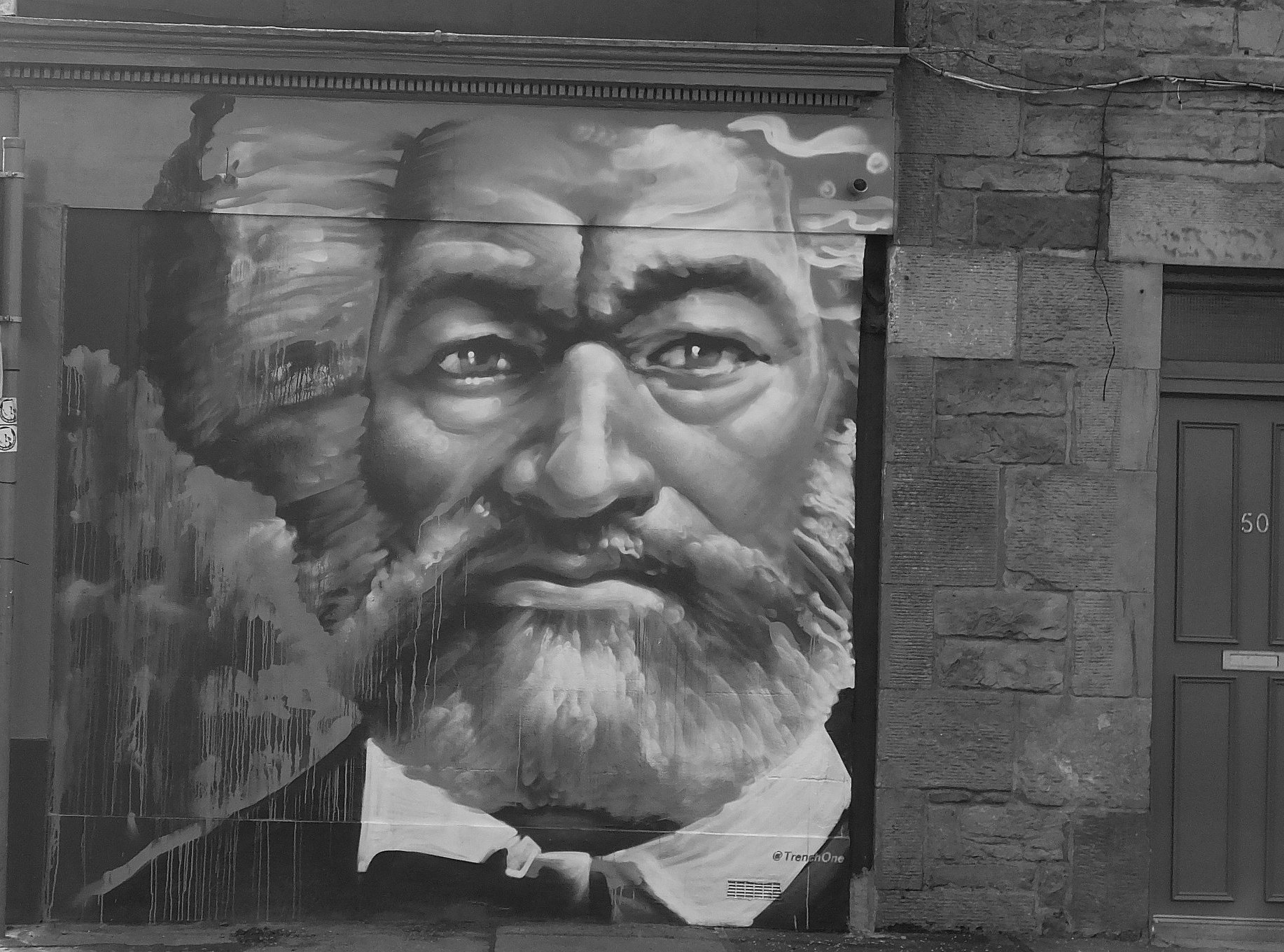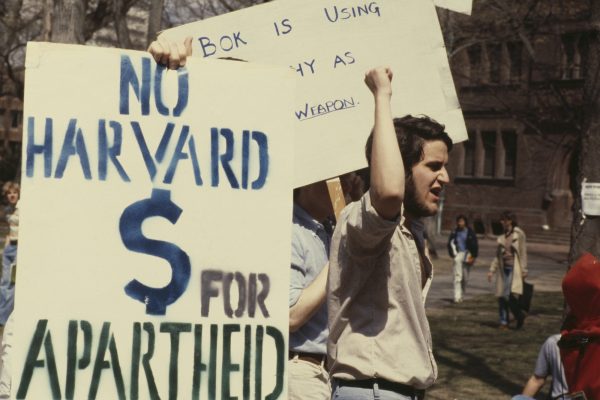Editors’ Note: This forum is featured in our spring 2023 issue. Order a copy here.
I was recently rereading Robin D. G. Kelley’s magnificent book Freedom Dreams: The Black Radical Imagination (2002) when I came across his conclusion that “high expectations begot the civil rights movement.” The movement’s marches and sit-ins are often interpreted as struggles for equality: these men and women were fighting for a just society where their status as equals would be affirmed. On this view, equality—or at least a less unequal society—is an outcome to be established. But Kelley points out that equality is not only an end point for social progress; it is the spur of social action. In other words, equality is more than a status to be attained: it is a present expectation. To refashion Marx and Engels of The German Ideology, we might say that equality is not “a state of affairs to be established” but the “real movement” to transform the “present state of things.”
Christine Sypnowich outlines various arguments philosophers have given in answer to the question “equality of what?” She argues, rightly in my opinion, that we ought to think of equality as equality of human flourishing rather than equality of opportunity. I agree wholeheartedly that we would do well “to be reminded of the truly radical implications of the egalitarian ideal.” But I would like to shift the focus away from the ideal that offers us a standpoint from which to judge society and a goal that we can approximate. Equality is also fundamentally a matter of shaping the horizon of expectation for social relationships.
Equality is an intrinsically social concept: I can only be equal vis-à-vis others. Unlike freedom, which we can conceive of as a property of an individual, equality saturates the expectations we have of how we conduct ourselves with one another. A lone person on a deserted island may or may not be described as free, but they certainly could not have any expectations of equality. It is only within society that equality and inequality present themselves as problems. I would go further and say that the egalitarian ideal emerges from the real inequalities of social life.
Any movement to transform society begins from the sting of inequality. I could not feel anger at an instance of unequal treatment if I did not have the expectation of being treated as an equal. Without this expectation of equality, I may naturalize and rationalize unequal treatment as just. In My Bondage and My Freedom (1855), Frederick Douglass argues that the attainment of literacy irrevocably altered his expectations of how others ought to treat him. It is from the painful separation between how others treat me and the expectations I have of others that the egalitarian ideal acquires motivational force.
Kelley focuses on the importance of dreams because it is from the expectations drawn from a society that does not yet exist that we become the sort of people who can recognize the bitter sting of inequality. It might be thought that we do not need dreams to know when we are being treated unequally—that we respond spontaneously to treatment that violates our innate sense of dignity. But I think this response confuses the dignity we may have as human creatures with the active recognition that our dignity entitles us to certain expectations of how others may treat us. Our sense of dignity is historically and socially developed even if we allow for the idea that we naturally are equal creatures.
The development of our sense of dignity is a crucial component of the utopianism in the egalitarian ideal. I know very well that “utopianism” is usually an object of derision in both socialist and liberal discourses. Most philosophers and political theorists would rather burnish their “realistic” bona fides than be accused of vainly wishing for the impossible. Yet it strikes me that easy dismissals of utopia that reduce it to literary dreams of perfection radically misunderstand the motivational role of utopia in social life. Utopianism is not primarily about perfection but perfectibility; it expands our horizons of expectation for our social relationships. The radicality of the egalitarian ideal is that it reshapes and develops the ethical sense of our human relationships by giving us a glimpse of what should be.
In The Principle of Hope (1954), Marxist philosopher Ernst Bloch located this anticipatory potential—what he called Vor-Schein—in art. By producing a vision of a society with substantially modified social relationships, art estranges me from my current relations insofar as they no longer appear justifiable to me. The sweet dream of equality that I find in the dreamwork of art is only sweet because I come to recognize the bitter fruit I taste in daily life. Equality, I think, is as much a political state of affairs as an art to be cultivated.
Thus, my expectations of the norms of equality can be modified and reshaped. For instance, a society oriented around freedom of opportunity and individual responsibility can become desensitized to the declining life expectancy of its impoverished youth so long as it proceeds from their “free” choices of lifestyle. But if this state of affairs strikes us not only as unequal in fact, but also as a violation of the expectations we have of how society ought to be, then we may be moved to change it.
It is also conceivable that we can see evidence of inequality and think that the inequality is acceptable for either principled or pragmatic reasons. Such defenses reflect two different types of social expectations we might have. On the one hand, we might think that inequality is normatively justified, in which case it would be unjust to try to make society more equal. On the other hand, we might think that inequality is unjust but believe that attempts to alleviate inequality are either infeasible or will make life worse. But both of these attitudes—how I expect the world should be and how I expect the world to work—are expectations that can be shifted by the art of equality.
Defenders of social hierarchy, broadly construed, warn that certain appeals to equality contravene the “natural” order of things. They worry that egalitarian visions will inflate the expectations of the members of society and induce them to action. They are right to think that the expectations of equality are artificial rather than natural, but they are wrong to suppose that from this fact alone we ought to think that appeals to equality are less justifiable. My expectations of how others ought to comport themselves toward me are revisable—and necessarily so, since equality is not a fact but a social value.
Equality may be a utopian dream, but it is a real dream insofar as it alters the motivations of our actions. Learning how to take oneself as equal to others and what social commitments follow from taking oneself as equal are not given by nature. Socialist thinkers have not only been arguing for a more equal and flourishing state of affairs; they have been developing the very art of thinking equality. The strength of this art wanes when we lower our expectations. The strength and the promise of the egalitarian ideal is to raise our expectations and renew our reasons for acting.
We’re interested in what you think. Submit a letter to the editors at letters@bostonreview.net. Boston Review is nonprofit, paywall-free, and reader-funded. To support work like this, please donate here.








